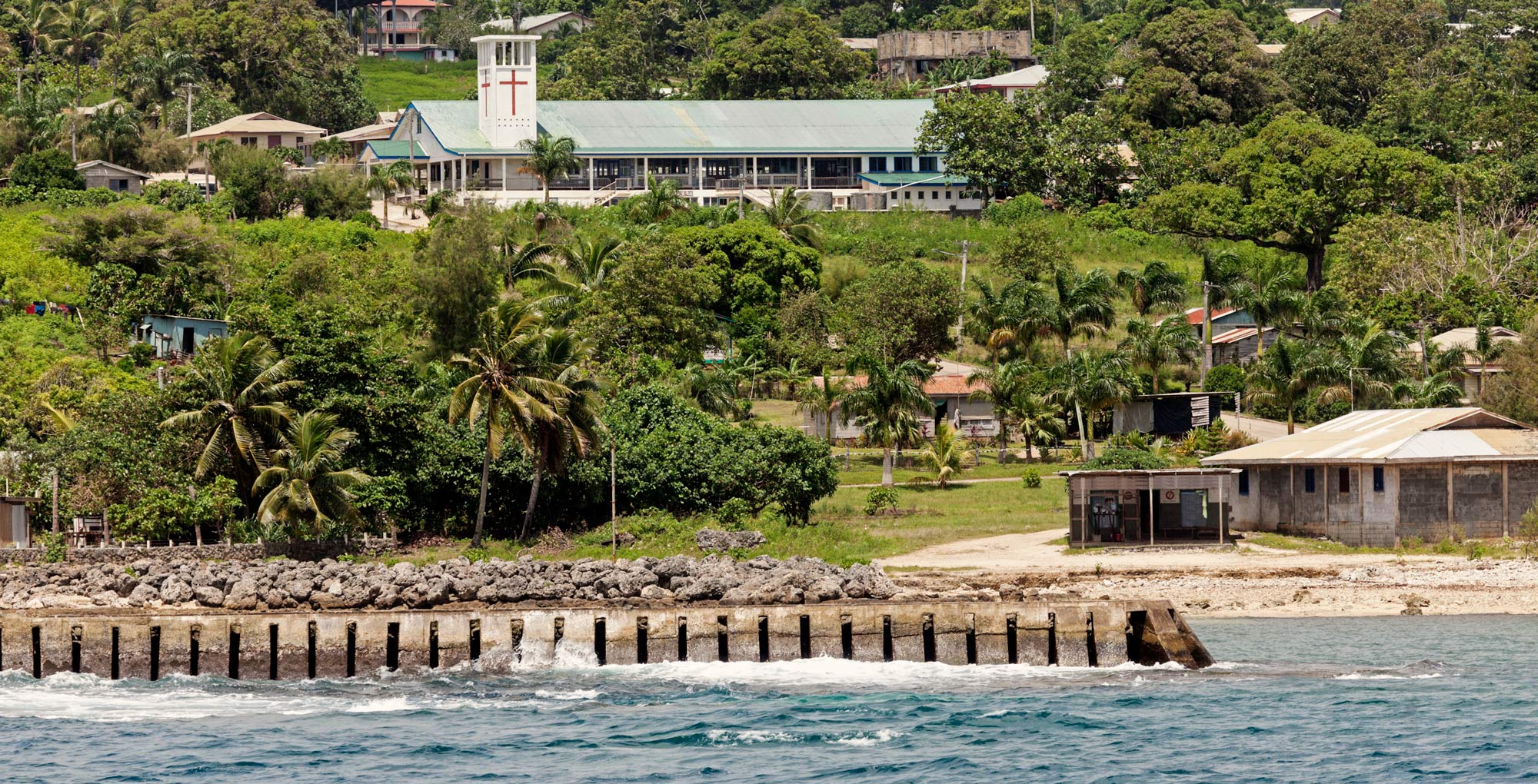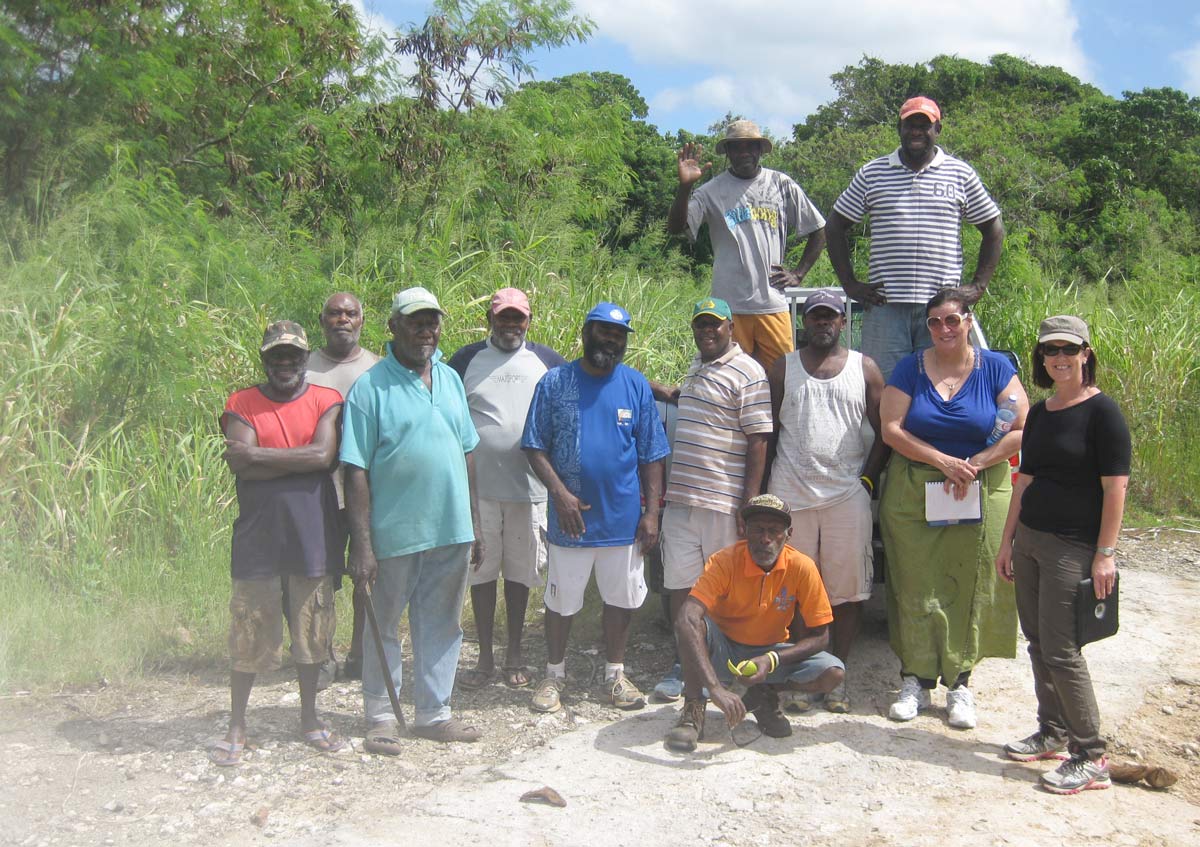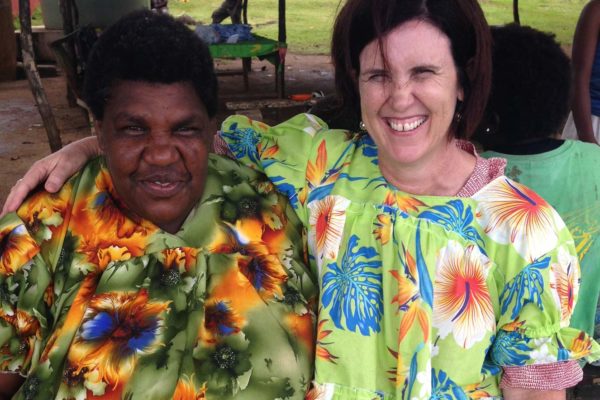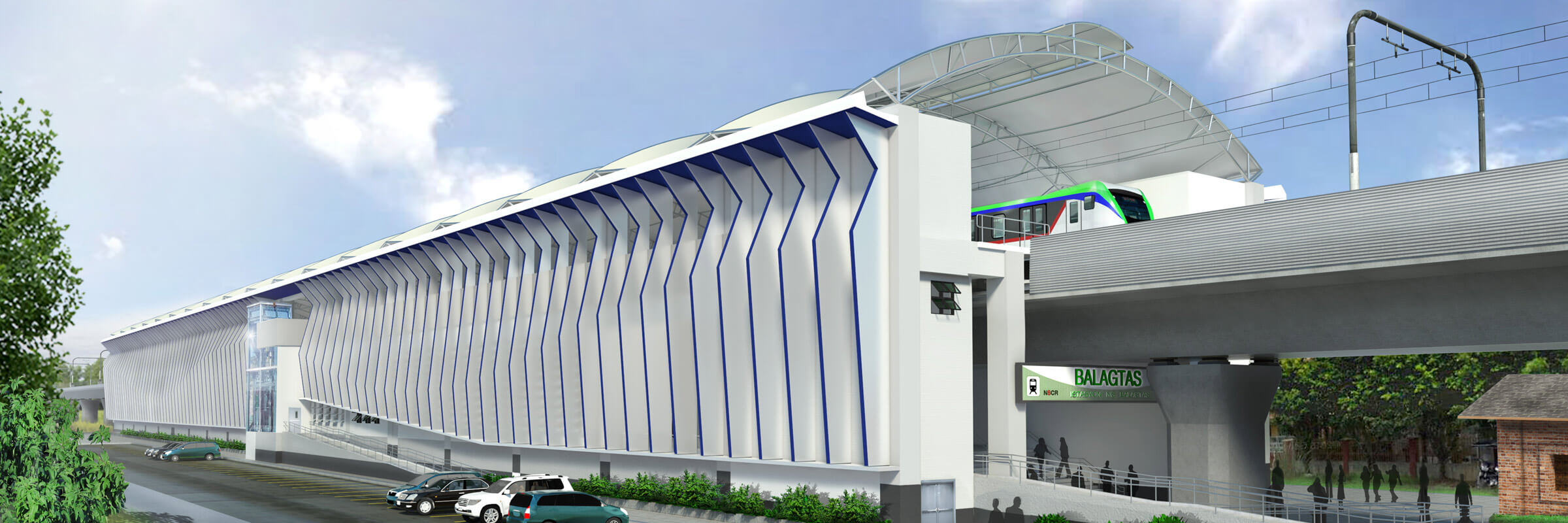
“There is no doubt in my mind that the proudest project I have worked on during my time at SMEC was the Roads for Development program in Vanuatu.”

While Libby still works on Australian projects from time to time, her main focus is overseeing the delivery of programs that are funded by major donors such as the Asian Development Bank, World Bank and DFAT (Australian Aid) in Southeast Asia and the Pacific. Social development projects that Libby has worked on range from Environment and Social Impact Assessment (ESIA) to the development of policies and strategies to address climate change in the road sector in both Vanuatu and Samoa.
“There is no doubt in my mind that the proudest project I have worked on during my time at SMEC was the Roads for Development program in Vanuatu.”
“I was the SMEC Program Manager for almost five years and worked with the Department of Foreign Affairs (Australian Aid) to support Vanuatu’s Public Works Department to plan, build, maintain and operate their rural road infrastructure. It was amazing to work on a program that increased road access to schools, health facilities and markets for the people of rural Vanuatu.
“I got to work with some outstanding international specialists in many disciplines, many of whom I have become personal friends.
“It is not often that you get to work on a long-term five-year project in consultancy and gain the skills, experience and insights that this provided. In December 2018, Roads for Development was awarded Project of the Year for our sector at our global awards program, which was a fitting tribute to the great team I worked with to deliver this program.”
When asked what advice she would give to someone wanting to embark on a similarly varied and rewarding career path, Libby offers insights and guidance freely.




“I am often asked this question by many people wanting to get into this sector. There are a few pathways to a career in this sector. One can be through international development studies, coupled with specific disciplines like engineering or economics.
“There are also opportunities for specific specialists who work in SMEC or other companies to gain experience on international projects. It’s about networking internally and making it clear this is a pathway of interest.
“More recently, I have also noticed people moving into the international development sector, or donor-funded programs, from undertaking a volunteer posting overseas.
“This is great because once you have experienced the challenges and opportunities that working in this sector presents, you quickly realise the immense satisfaction that can be gained from bringing one’s perspectives, skills and experience to another country and working in partnership to help overcome these challenges and maximise opportunities to change lives.
“I am proud to say that I work for a company that has its origins in a nation-building project like the Snowy Mountains Hydroelectric Scheme. It’s something most people in Australia are familiar with and is recognised globally as an engineering and construction marvel.
“An interesting bit of history that not as many people would be aware of is that in 1960, after the delivery of the Scheme, the Department of Foreign Affairs requested that the Snowy Mountains Authority provide technical assistance to Australian Aid projects both in Australia and overseas.”
“I’m proud of the role that SMEC played in building developing nations. It’s amazing to think that I am continuing that legacy and playing a key role in international projects that are truly life-changing for communities in our neighbouring countries.”
Related
insights
 Leading the urban renewal of brown field sites in Australia
Leading the urban renewal of brown field sites in Australia
As more people move to cities, the requirement to revitalise urban areas is increasing.
 Studying the impact of AV and MaaS abroad with SMEC
Studying the impact of AV and MaaS abroad with SMEC
I’m a Traffic Engineering and Analytics enthusiast at the age of 25. I know that’s not a statement you hear every day but it’s true. Working to meet the needs of transport infrastructure in the future is an important job and something I am very proud to be part of.





